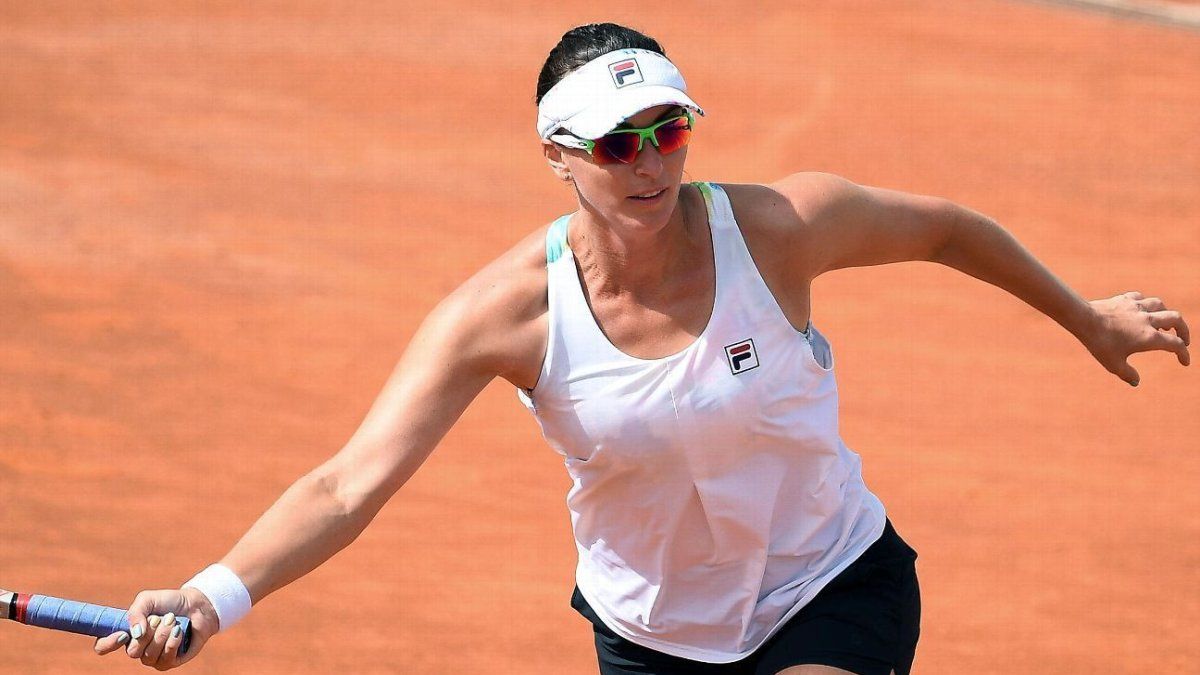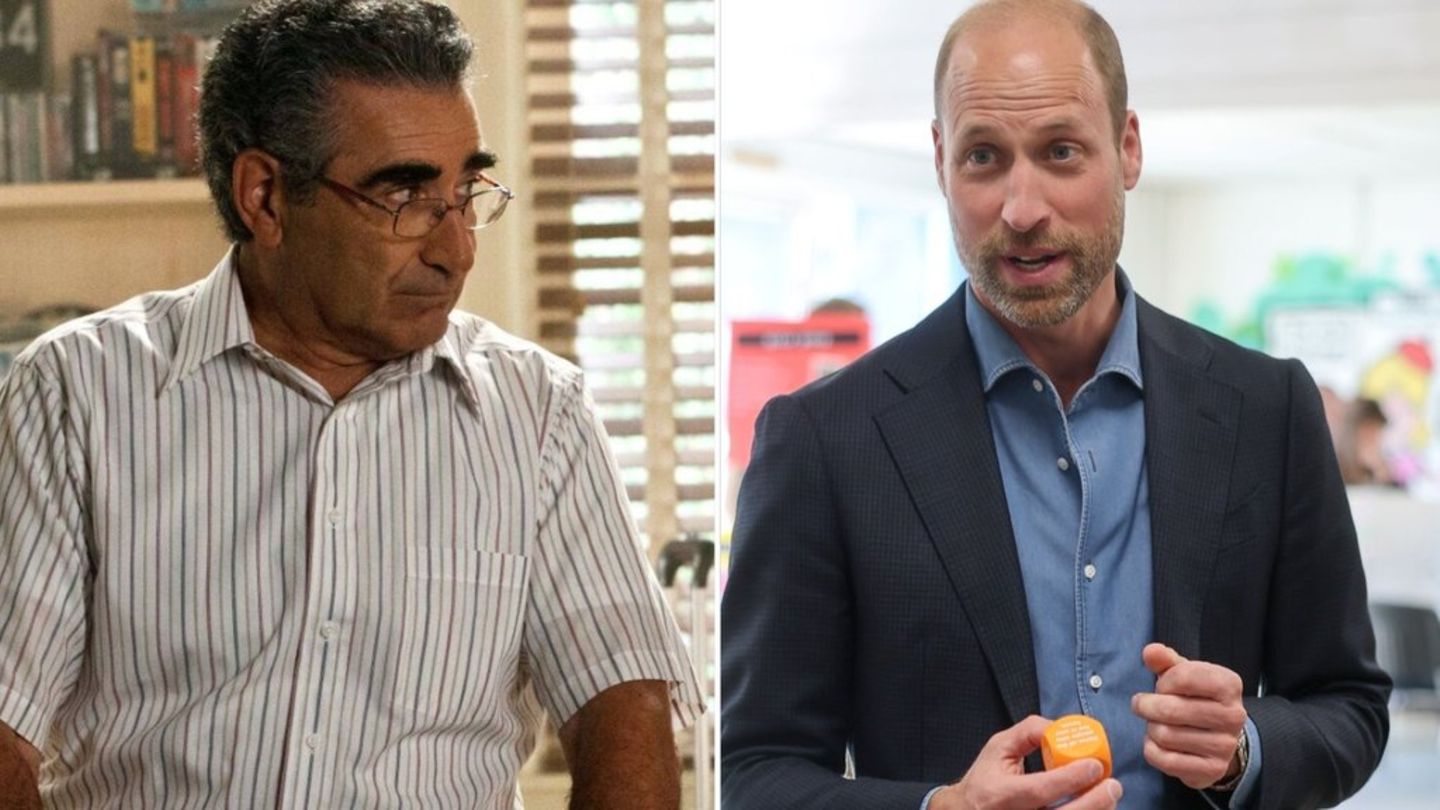Almost two years after its disaster in the federal elections, the CDU continues to work on its fundamental realignment. However, there is also a “white elephant” with high poll numbers in the room.
CDU leader Friedrich Merz has rejected accusations of populism and warned not to address sensitive issues out of concern for a comparison with the AfD. “We also have to be able to address problems, sometimes with formulations that not everyone likes,” said Merz on Saturday at a convention of his party in Berlin. “That’s not immediately right. And that’s not immediately racist either. And above all, that’s not AfD talk anywhere.”
“The AfD must not obstruct our language space,” Merz emphasized in a discussion with the former board member of the Heinrich Böll Foundation, which is close to the Greens, Ralf Fücks. “We determine it ourselves according to our principles.” The AfD is classified by the Office for the Protection of the Constitution as a suspected right-wing extremist. In surveys, it is sometimes 19 percent in the federal government, making it the second strongest force behind the Union and ahead of the SPD and the Greens.
Merz: Look at the people’s mouths, don’t talk according to their mouths
He defines the demarcation between democracy and populism as follows, said Merz: “Looking at the people’s mouths is democracy. Talking at the people’s mouths is populism.” The task of a people’s party is “to listen and look at what is being discussed in the population, how the emotions are in a country”. These emotions must be picked up, bundled and raised to the political center. “That is the task of a people’s party.”
CDU boss: Traffic light damages institutions of democracy
Merz, who is also chairman of the largest opposition faction in the Bundestag, sharply criticized the federal government’s approach to climate protection. The Greens and especially Economics Minister Robert Habeck tried to achieve the undisputed goal “with a method that alienates a large part of the population”. There is “a rigor” in the traffic light’s implementation of its political demands in parliament that takes no account of the minority rights of the opposition. Merz spoke of massive damage to the institutions of democracy.
Merz is occasionally accused of a penchant for populist escalation by the political competition, but sometimes also behind closed doors in his own ranks. In an interview with Fücks, the CDU politician admitted that it still bothers him to have spoken of alleged “social tourism” in connection with refugees from the Ukraine. He apologized for the mistake.
At the same time, Merz emphasized: “It stays with the Paschas.” At the beginning of the year, in connection with the New Year’s Eve riots in Berlin, he said on the talk show “Markus Lanz” about dealing with teachers: “And then they want to call these children to order, and the result is that the fathers in the Schools appear and refuse to do that. Especially when it comes to female teachers, that they correct their sons, the little pashas, a bit.”
Praise from the Green Fücks
Fücks praised Merz for his repeated hard demarcation from the AfD. The CDU should also be careful not to adopt the vocabulary of the AfD, he warned. Democratic parties should not engage in political well-poisoning and should not demonize the opponent.
Green potential coalition partner?
As a center-right party, the CDU must differentiate itself from the Greens, Fücks conceded – but without as much distance as it does to the AfD. He said to Merz: “The AfD is our common opponent, opponent of an open society. The Greens are your potential coalition partner.” He asked the CDU leader: “You have to build bridges, also to this ecologically liberal modern center.” There is a competition between the Greens and the CDU as to who is the modern bourgeois party. Merz replied: “We’re not conducting coalition debates here.”
Linnemann: Up to date again with a new programme
Program commission head and CDU Vice Carsten Linnemann emphasized that the 2021 federal election had been lost “because the CDU was no longer good enough”. The new program should bring the party “up to date”. There are already contours. Linnemann mentioned, for example, the positioning for a “society year”, which is not only conceivable for the armed forces or the fire brigade. In social policy, it applies that those who cannot work must receive full support from the state. Anyone who can work should have to work. This is also important for acceptance in the solidarity community.
The basic program is to be decided in 2024
After their election disaster in 2021, the Christian Democrats wanted to take the next step in developing the program and reorganizing the party with the convention. The program is to be decided at a federal party conference in early May next year. The current basic program dates back to 2007.
Source: Stern
I have been working in the news industry for over 6 years, first as a reporter and now as an editor. I have covered politics extensively, and my work has appeared in major newspapers and online news outlets around the world. In addition to my writing, I also contribute regularly to 24 Hours World.




